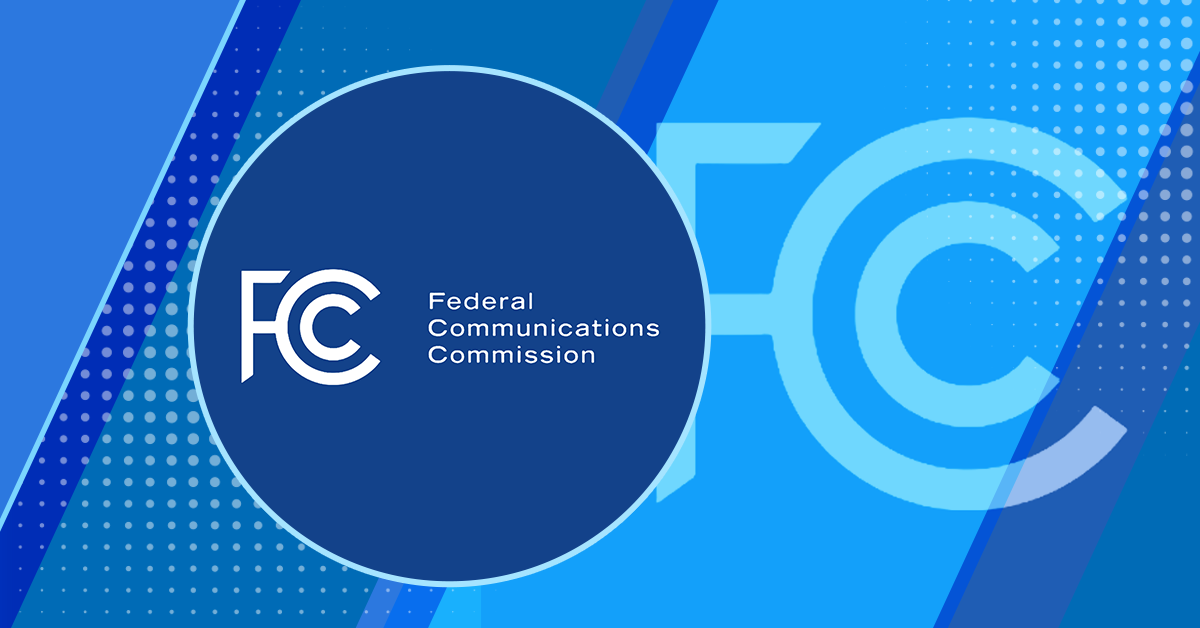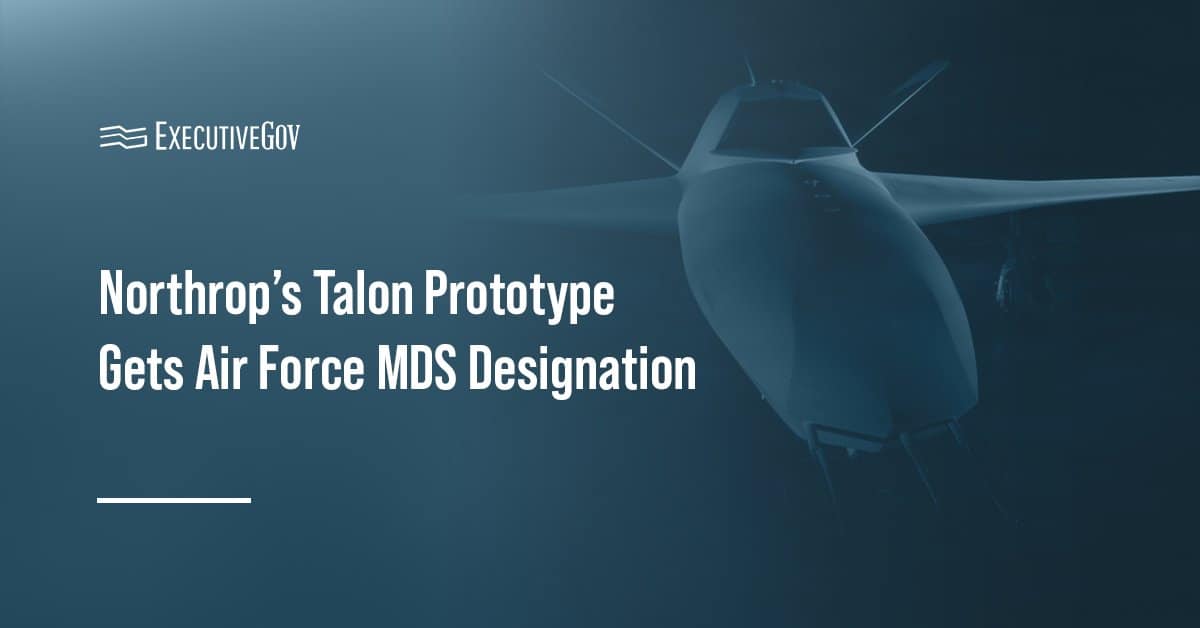The Federal Communications Commission will assess commercial technologies providing position, navigation and timing, or PNT, data through an inquiry it launched Thursday. The notice of inquiry seeks to explore potential alternatives or methods complementary to the Global Positioning System used widely and vulnerable to adversarial disruption or manipulation, FCC said in its NOI launching statement.
Table of Contents
Looking at PNT Approaches, Tradeoffs
Through the notice, the commission will look into the various PNT technologies being developed by government entities and industry players using FCC-licensed spectrum, such as broadcasters and wireless operators. The NOI is also geared to solicit comments on emerging PNT technologies’ tradeoffs on such factors as geographic coverage, performance, adoption, commercialization and cost.
The specific input that FCC wants from the inquiry includes comments on space-based approaches for PNT resiliency, such as medium Earth and low Earth orbit satellite systems. Comments on terrestrial methods for resilient PNT operation, like harnessing ground-based transmitters, is another point of interest in the commission’s inquiry.
With the NOI’s input, FCC plans to establish a comprehensive lineup of possible measures for strengthening GPS and promoting PNT technologies. Its potential actions could include rule revisions and public–private partnerships, the commission said.
Government & Private Sector Collaboration
Brendan Carr, FCC chairman, said the NOI’s emphasis is on systems complementary to GPS. “Beyond answering technical questions, we hope this effort will engage stakeholders across government and industry to encourage the development of new PNT technologies and solutions,” added the FCC head.
One PNT project that advanced recently to the manufacturing and deployment phase involves the U.S. Army’s Mounted Assured, Positioning, Navigation and Timing System Generation, with Collins Aerospace as the service branch’s partner vendor. In February, the Department of Homeland Security’s Science and Technology directorate also issued a guide on best approaches to PNT services for critical infrastructure.





